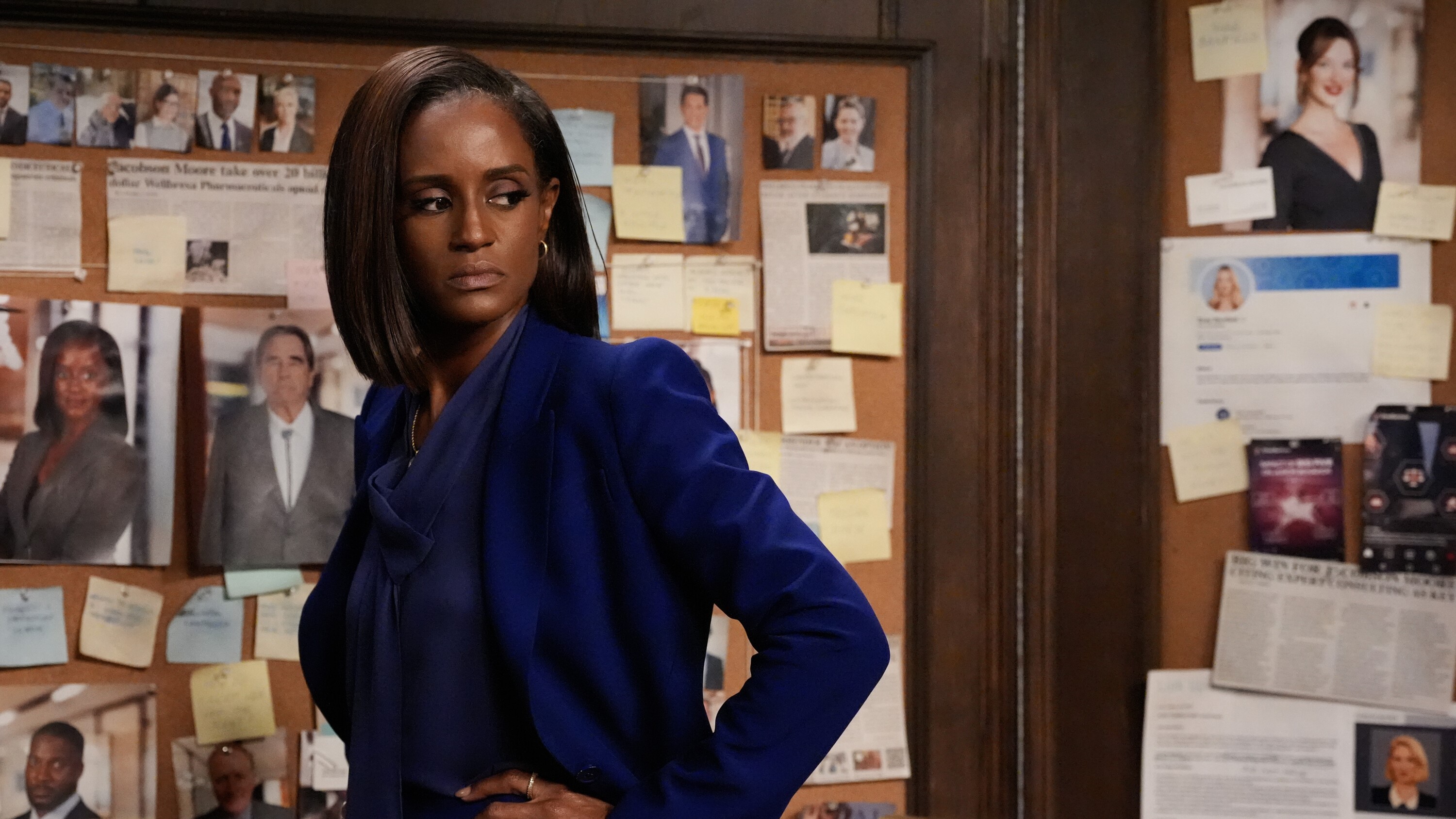What to Watch Verdict
Executive Order has great highs, demonstrating honest emotional intelligence and potential for depth. The film struggles in its execution, overwhelmed by its need to address the many complex questions tied to race and resistance.
Pros
- +
🔸Sharp political commentary.
- +
🔸Emotional performances that capture intense depths of joy and pain.
Cons
- -
🔸Often shies away from the harsh realities of its premise.
- -
🔸Sends mixed messages about resistance.
Executive Order is part of our SXSW Film Festival 2021 coverage. You can find all of our reviews here.
The past few years have consistently found new ways to toe the line of dystopia. Between corrupt government leaders and our new quarantined society, life slowly becomes less recognizable — but remains reality, all the same. Lazaro Ramos’ Executive Order is a wink to this fact, providing a closer examination of the thin line that separates life from fiction. Though the film centers on a reimagined world, nothing but truth bubbles beneath the surface. Race and resistance take center stage in Ramos’ emotional drama, reflecting much of this past year's discussion and demanding the mobilization continue.
Set in a dystopian version of Brazil’s near future, the story mirrors our reality, where race and reparations are particularly hot topics. Having penetrated government walls, the conversations have become too much for even the officials to ignore. Seizing on the moment, young lawyer Antônio (Alfred Enoch) sues the Brazillian government, demanding reparations for all descendants of African slaves. In turn, the authoritarian regime offers all Black citizens the opportunity to move to Africa, paying the way there as incentive. The proposal is not well received, except by those hoping to exploit the opportunity for a free holiday. This section of the film sees Ramos carefully weaving in humor, with exaggerated background characters and sharp one liners that poke at the absurdity of prejudice. But the laughter is abruptly silenced when the film makes a sharp turn in a more serious direction. Overnight, the non compulsory move to Africa becomes a mandate and the Brazillian police begin rounding up Black citizens for deportation. Antônio, his cousin André (Seu Jorge) and his wife Capitu (Taís Araujo) are among those caught in the fallout, as utter chaos erupts throughout the country.
Executive Order succeeds in its plausibility, displaying an acute understanding of the slippery slope of disaster. The worst case scenario sneaks up on our protagonists, unexpected but clear in retrospect. With its tonal shift, the film goes from the mild dystopia of gradual change to an almost apocalypse-like display of bold government abuses. Though the first half can be awkwardly paced, the setup is skillful and deliberate: eerie moments of discomfort reveal prejudice in every interaction, making the government's decision wholly believable.
To the question of resistance, Executive Order has more answers than it manages to fully explore. The three protagonists themselves bring different approaches, calling for varying degrees of pacifism to violence. Despite their differences, heroism shines in each of them, evident in Antônio’s charisma and André’s charm. As Capitu, Araujo is overwhelmingly human, reveling in depths of vulnerability that are often difficult to face. Though the worst happens around them, the characters each manage moments of joy; even in their separation, the love between them is ever present.
On the surface, the film checks all the right boxes, but beneath its insightful premise, the execution leaves much to be desired. Lost in the film are the many intersections of Blackness with other identities, often accounted for but rarely with nuanced depth. Two queer characters feel forgotten in the films second half, while conversations surrounding class are nonexistent. As emotional as the characters' plight, their middle class status is never explicitly addressed. The circumstances faced by our protagonists (a lawyer, a doctor and a journalist) leaves us wondering about those even less fortunate than them.
When Executive Order does go out of its way to show different perspectives, it struggles. In trying to account for various approaches to resistance (with a disingenuous leaning towards pacifism), the film feels somewhat directionless. Where it lands on the matter, or what it wants to say in its exploration is lost in its inability to delve deeply into any given perspective. Most frustrating is the film's ending — which is actually astonishing in its effective immediacy. Those final moments manage a degree of urgency sorely missing from the majority of the film's runtime, reflecting its ultimate potential for depth.
Executive Order has great highs and immense potential. In its efforts to address the many complex questions attached to race and resistance, it never quite attains the nuance those questions require. Still, Ramos and his performers deserve praise for the film's emotional intelligence and moments of honesty. In this film, dystopia seems well within reach — making it well worth paying attention to.











